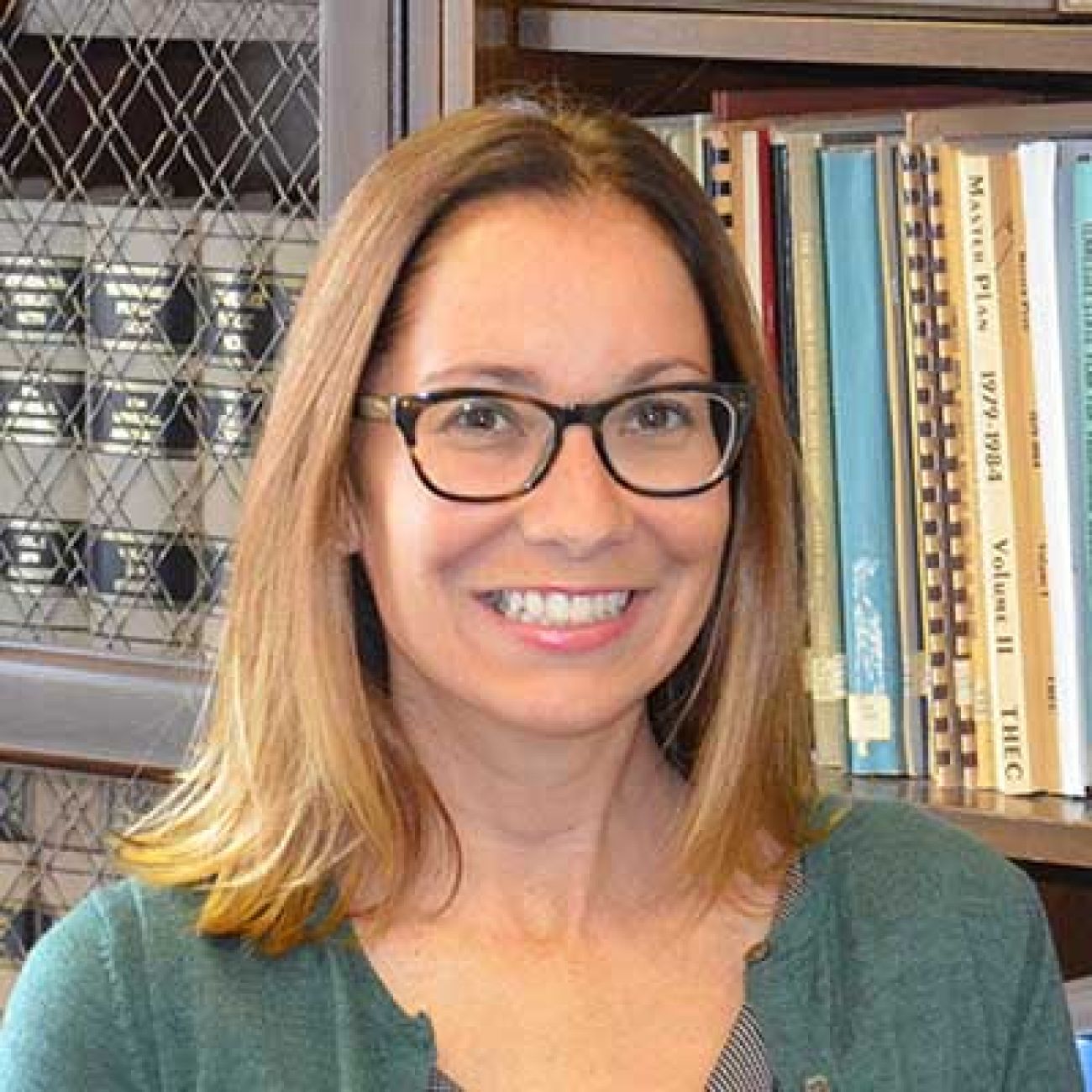In Tennessee, a model for Michigan’s plan for debt-free community college

Michigan Gov. Gretchen Whitmer’s proposed expansion of college financial aid is patterned off a program that has increased college enrollment in Tennessee.
There, the Tennessee Promise offers debt-free community college to high school graduates. Whitmer’s Michigan Opportunity Scholarship would do the same, plus offer a similar dollar amount of aid to students attending four-year colleges. Tennessee Reconnect and Michigan Reconnect are both programs to get adults back to college to complete degrees.
Related: Whitmer pushes college aid. But success rates vary wildly at Michigan schools
Related: Seven things to know about Gov. Gretchen Whitmer’s debt-free college plan
Emily House, chief strategy and policy officer for the Tennessee Higher Education Commission, spoke with Bridge Magazine about how Tennessee's program has impacted students, and what advice she’d offer Michigan officials.

Bridge: Was there political opposition to the scholarship plans in 2014? And has that changed?
House: For the most part, the reception was very positive. The Legislature was very supportive. This was viewed not only as a college access initiative, but a workforce initiative.
We have a new governor now [Bill Lee, a Republican.] He’s made it clear he has no plans to make changes to the plans, or if anything, he wants to expand them. We get 65,000-68,000 students sign up every year and between 16,000 and 17,000 enroll.
Bridge: What did you learn? How as the program been tweaked and why?
House: The biggest tweaks were around filing dates, when students need to file the FAFSA [Free Application for Federal Student Aid,] when students need to engage with their mentor.
Bridge: Tennessee has community service, mentor and academic adviser components, as Michigan has proposed. What does that look like?
House: This is really transformative for some of these students.They are required to perform eight hours of community service a semester and provide documentation. It can be helping in the community or job shadowing.
Students each have a mentor, who are volunteers in the community. They are trained by nonprofits and help with applications and FAFSA. This year, we’ve included funding for advisors on college campus for Promise students.
Tennessee Promise is on its face a financial aid program, but there is so much more to it.
Bridge: How do you measure success?
House: Promise students are completing [college] at a higher rate than non-Promise students. Our FAFSA completion rate went from 50 percent to 90 percent.
Bridge: Any disappointments?
House: Promise has incentivized a more diverse class to enroll. [But] students who are low income, low-achieving, of color, are [still] less likely to complete. The Promise has not changed that.
In an ideal world, there would be a lot more advising support. The more support the better, for all these students.
Bridge: Your program is last-dollar like Michigan’s proposal, meaning students only get financial aid after other scholarships and grants are used. That means low-income students who receive federal Pell Grants don’t benefit from the program. Doesn’t that make this a middle-class scholarship?
House: I’d argue that this program still does something for students who don’t get aid. Students are applying for aid who weren’t before, and learning they qualify for other aid.
They still have access to mentors and advisers, and messaging and communication around college-going that they wouldn’t have gotten before. At the state level, the conversation has changed from ‘I don’t know if college is for me’ to ‘I’m going to college, which college?’
Bridge: What advice would you give Michigan?
House: There is so much value in the messaging on this. You can say college is free. The clarity of the message has been so powerful. I’d encourage an emphasis on message – not getting hung up on details. When we say college is free, we don’t put an asterisk by it.
You will find stars. There will be community colleges that do this so well.
More Michigan higher ed coverage:
- Free tuition brings more low-income students to the University of Michigan
- Some colleges are unaffordable for many qualified students
- Ignore the sticker price at Michigan universities. Here’s the real cost.
- Once embarrassed by its graduation numbers, Wayne State becomes a model
- Yes, you can pay rural Michigan college grads to come home
- Why rural Michigan teens are skipping out on college. It's not grades
- To get first-generation students to college: Could the answer be…a bus?
- Where they stand: Michigan governor candidates on college affordability
Michigan Education Watch
Michigan Education Watch is made possible by generous financial support from:
Subscribe to Michigan Education Watch
See what new members are saying about why they donated to Bridge Michigan:
- “In order for this information to be accurate and unbiased it must be underwritten by its readers, not by special interests.” - Larry S.
- “Not many other media sources report on the topics Bridge does.” - Susan B.
- “Your journalism is outstanding and rare these days.” - Mark S.
If you want to ensure the future of nonpartisan, nonprofit Michigan journalism, please become a member today. You, too, will be asked why you donated and maybe we'll feature your quote next time!



